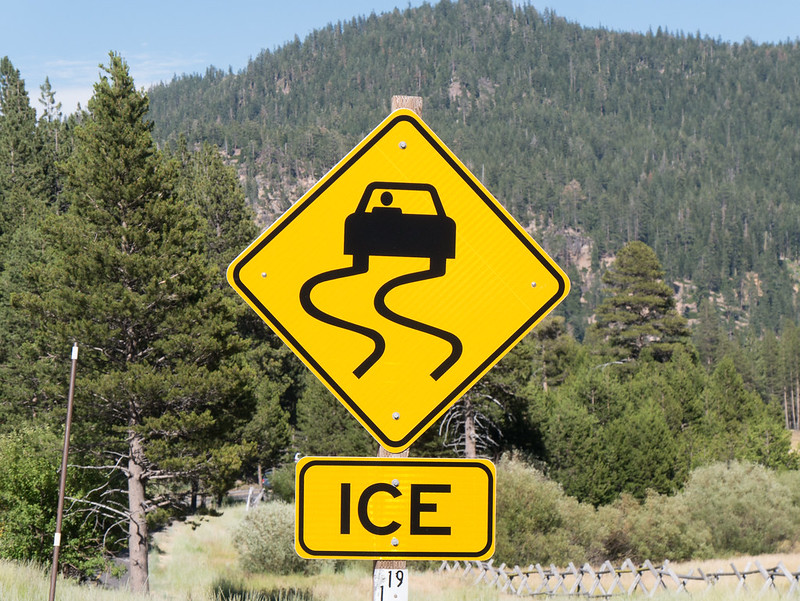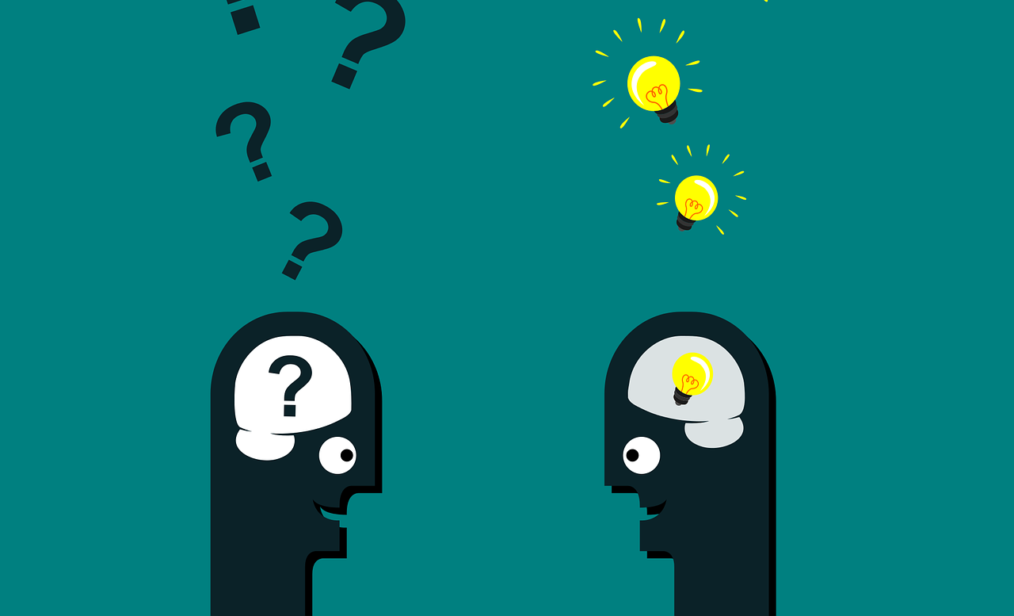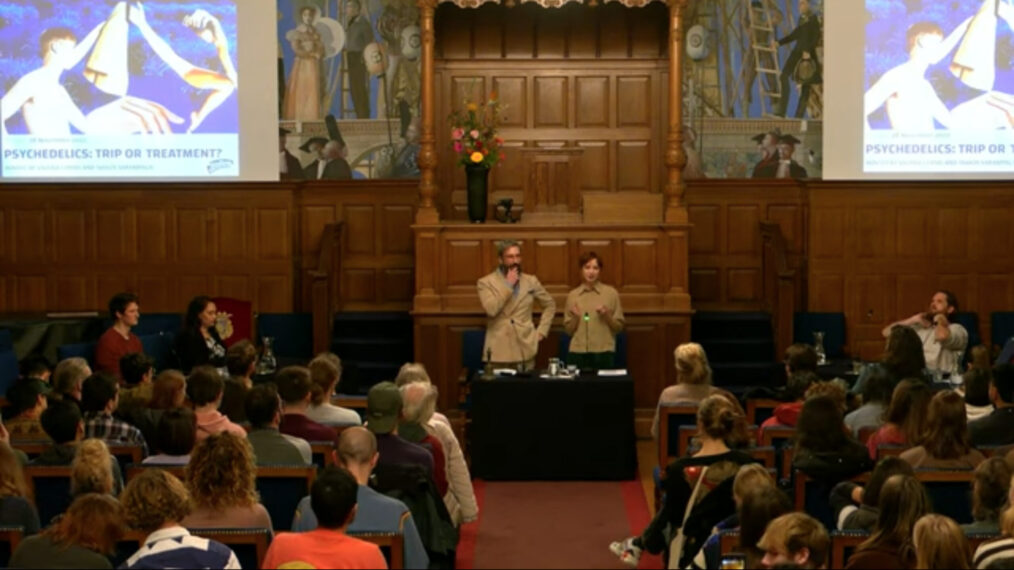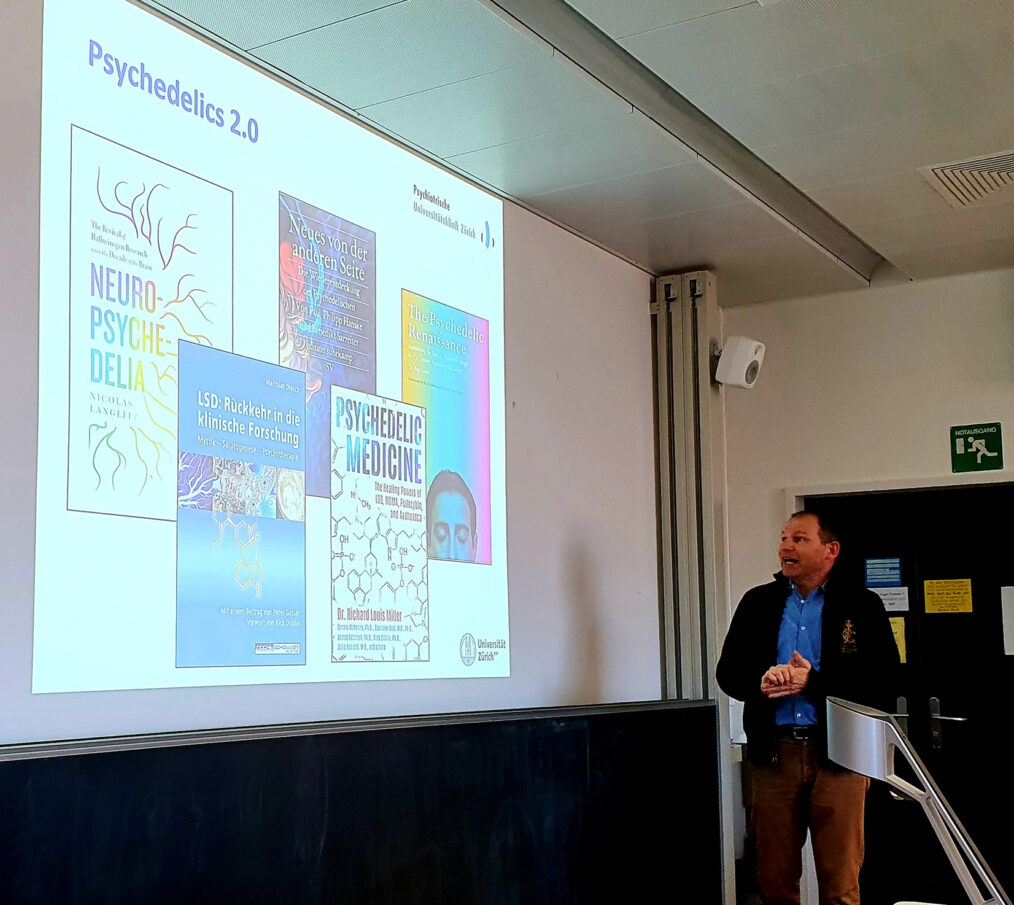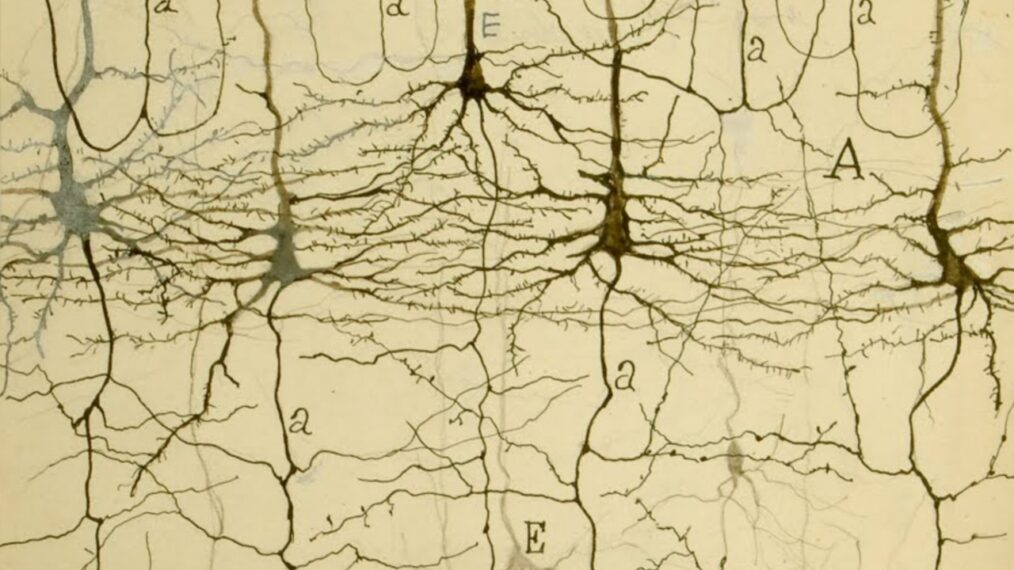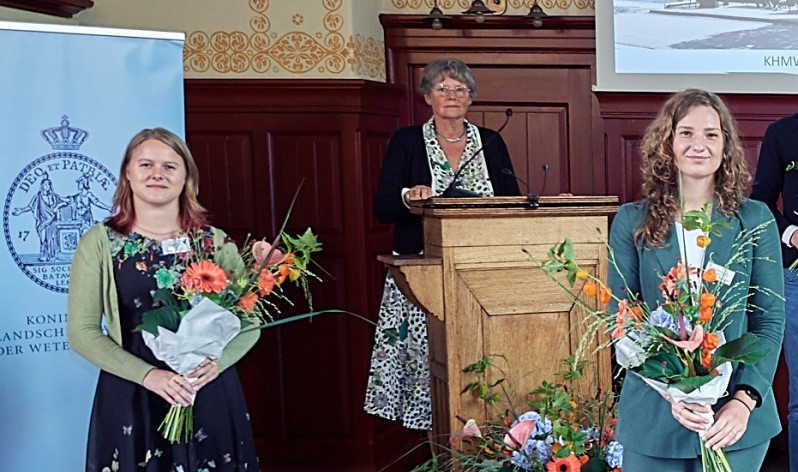Communicating about chronic fatigue. And what psychology can teach us about it. Are psychological symptoms less real than physical ones?
The article explores why the social sciences struggle more with crises than the natural sciences – and actually manages to round off with a positive outlook for the future!
Researchers at the National Institute for Public Health and the Environment (RIVM) have analyzed sewage for remnants of certain psychoactive substances. What does it tell us about students’ consumption?
Thinking without thoughts: The new and commonly misunderstood phenomenon that is unsymbolic thinking
Unsymbolized thinking is alike any other type of specific and controlled thinking, except that it occurs without any words, images, or symbols. Read more about it here.
Scholars in Groningen debated the present and future of psychedelic drugs. Will they revolutionize medicine?
After their demonization and prohibition decades ago, psychedelic drugs are now again investigated by scientists. Stephan Schleim shares impressions from a recent visit to the Psychiatric University Hospital Zurich, one of the pioneering places for this research. Do psychedelics have therapeutic potential?
Media report that many students take drugs to improve their academic performance. Now the Dutch government even plans to discourage this. Is it more than a hype? And should educational institutions react?
Humans tend to perceive time as passing at confusing speeds. This blog post explores the mechanisms that underlie the time distortions experienced by many of us, especially during the pandemic.
Many think that believing in monism and not in any kind of metaphysical soul means believing in no mind at all. I am clearing up this misconception and argue that if the brain is the mind (just on a different level), psychology becomes the indirect study of the brain and neuroscience becomes the indirect study of the mind.
The Jan Brouwer Scriptieprijs is awarded every year by the Koninklijke Hollandsche Maatschappij der Wetenschappen (the Royal Holland Society of Sciences and Humanities) to recognize the best master thesis in the country across eight categories. Last year, two students from the Heymans Institute captured both of the awards that relate to our interests: Chantal D’Amore […]


